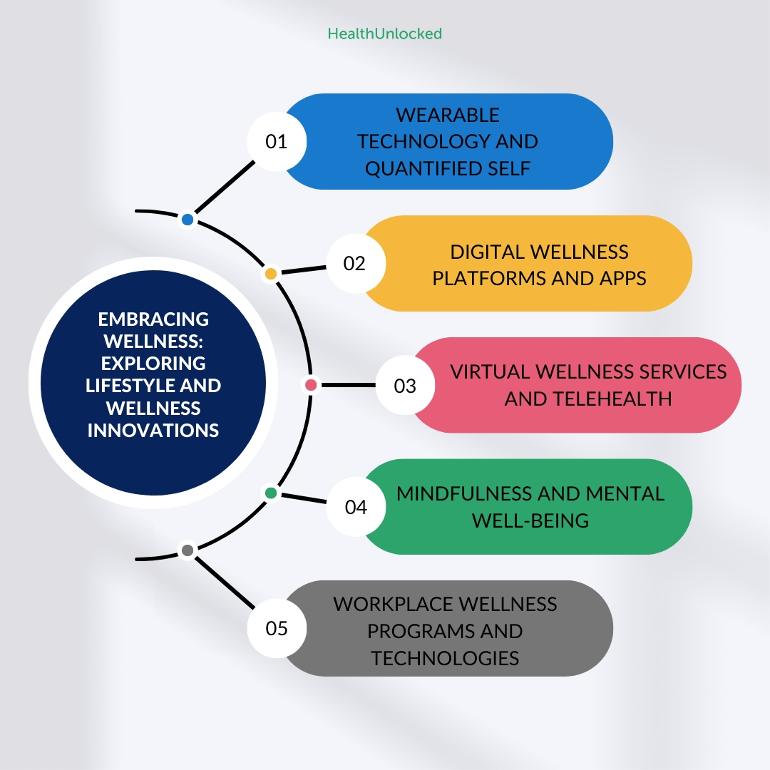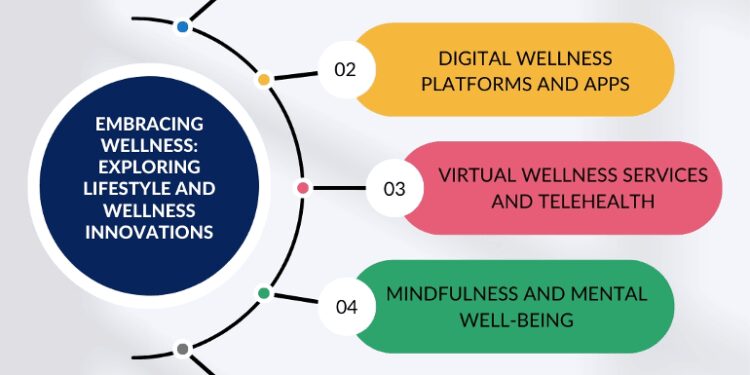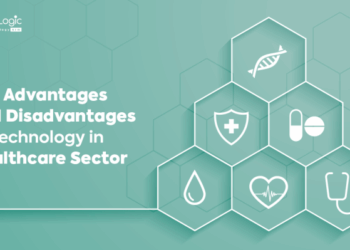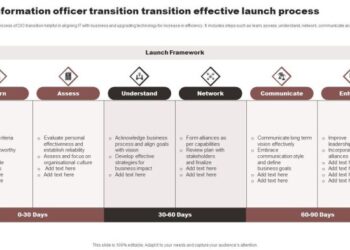Delving into Breakthroughs in HealthTech and Digital Wellness Platforms, this introduction immerses readers in a unique and compelling narrative. The latest innovations in HealthTech, the impact of digital wellness platforms on healthcare, and how technology is revolutionizing the industry will be explored.

Breakthroughs in HealthTech and Digital Wellness Platforms
HealthTech is constantly evolving, bringing about groundbreaking innovations that are shaping the future of healthcare. Digital wellness platforms are revolutionizing the way individuals manage their health and well-being. Let's delve into the latest advancements in HealthTech and explore the impact of digital wellness platforms on the healthcare industry.
Latest Innovations in HealthTech
HealthTech continues to push boundaries with cutting-edge technologies that are transforming the healthcare landscape. Some of the latest innovations include:
- Artificial Intelligence (AI) in diagnostics and treatment planning, enhancing accuracy and efficiency.
- Telemedicine and remote monitoring, providing convenient access to healthcare services from anywhere.
- Virtual reality (VR) and augmented reality (AR) for medical training and patient care, offering immersive experiences.
- Health wearables and IoT devices for continuous monitoring of health metrics, promoting proactive healthcare.
Impact of Digital Wellness Platforms on Healthcare
Digital wellness platforms are empowering individuals to take control of their health by providing personalized tools and resources. These platforms offer:
- Health tracking features to monitor fitness, nutrition, and mental well-being in real-time.
- Behavioral coaching and support for adopting healthy habits and lifestyle changes.
- Integration with healthcare providers for seamless communication and data sharing.
- Data analytics and insights to identify trends and patterns for targeted interventions.
Revolutionizing the Healthcare Industry with Technology
Technology is revolutionizing the healthcare industry by improving patient outcomes, streamlining processes, and enhancing overall efficiency. Some key ways technology is reshaping healthcare include:
- Electronic Health Records (EHR) for centralized patient information and coordinated care.
- Robot-assisted surgeries and minimally invasive procedures for precision and reduced recovery times.
- Predictive analytics for early detection of diseases and personalized treatment plans.
- Blockchain technology for secure sharing of medical data and enhanced patient privacy.
Artificial Intelligence in Healthcare
AI has revolutionized the healthcare industry by providing innovative solutions to improve patient care, streamline processes, and enhance diagnostic accuracy. By leveraging machine learning algorithms and data analytics, AI is transforming traditional healthcare practices into more efficient and effective systems.
AI Applications in Healthcare
AI is utilized in various ways in HealthTech, such as:
- Medical Imaging Analysis: AI algorithms can analyze medical images like X-rays, MRIs, and CT scans to detect abnormalities and assist radiologists in making accurate diagnoses.
- Personalized Treatment Plans: AI can analyze patient data to create personalized treatment plans based on individual health factors, optimizing outcomes and reducing trial-and-error approaches.
- Predictive Analytics: AI algorithms can predict patient outcomes and identify high-risk individuals, allowing healthcare providers to intervene proactively and prevent potential health issues
.
Examples of AI Improving Patient Care
- IBM Watson Health: The AI-powered platform analyzes large volumes of medical data to provide insights for personalized treatment plans and clinical decision support.
- Google's DeepMind Health: Utilizes AI to improve patient care by analyzing data, predicting patient deterioration, and enhancing hospital operations efficiency.
- Chatbots and Virtual Assistants: AI-powered chatbots provide 24/7 patient support, answer medical queries, and schedule appointments, enhancing patient engagement and accessibility to healthcare services.
Comparison with Traditional Healthcare Methods
AI-powered solutions offer several advantages over traditional healthcare methods, such as:
- Increased Efficiency: AI can process large amounts of data quickly and accurately, enabling faster diagnoses and treatment decisions compared to manual analysis.
- Enhanced Accuracy: AI algorithms can identify patterns and trends in data that may be missed by human healthcare providers, leading to more precise diagnoses and personalized treatment plans.
- Cost-Effectiveness: AI can help optimize healthcare resource allocation, reduce unnecessary procedures, and minimize medical errors, ultimately lowering overall healthcare costs.
Wearable Technology for Health Monitoring
Wearable technology has revolutionized the way we monitor our health by providing continuous and real-time data on various health metrics. These devices, like smartwatches, fitness trackers, and medical sensors, have become increasingly popular due to their convenience and accuracy in tracking vital signs and activity levels.
Benefits of Using Wearables for Tracking Health Metrics
- Personalized Health Insights: Wearables collect data on heart rate, sleep patterns, calories burned, and more to provide personalized insights into overall health and wellness.
- Early Detection of Health Issues: Continuous monitoring allows for the early detection of abnormalities or changes in health metrics, enabling timely intervention and prevention of potential health problems.
- Motivation and Accountability: Wearables can motivate individuals to stay active, track their progress, and set goals, leading to improved fitness levels and overall well-being.
- Remote Monitoring: Healthcare providers can remotely monitor patients' health metrics in real-time, allowing for better management of chronic conditions and post-operative care.
Future of Wearable Technology in Healthcare
As wearable technology continues to evolve, we can expect to see even more advanced features and capabilities that enhance health monitoring and management. With the integration of artificial intelligence and machine learning algorithms, wearables will be able to provide more accurate and actionable insights for users and healthcare professionals.
Wearable technology is poised to play a significant role in the future of healthcare by empowering individuals to take control of their health and well-being through continuous monitoring and personalized feedback.
Telemedicine and Virtual Healthcare
Telemedicine services have seen significant growth in the digital healthcare landscape, especially in recent years. With advancements in technology and the increasing demand for convenient healthcare solutions, telemedicine has become a popular choice for both patients and healthcare providers.Virtual healthcare platforms play a crucial role in enhancing patient-doctor interactions by providing a convenient and accessible way for individuals to seek medical advice and treatment.
Through telemedicine, patients can connect with healthcare professionals remotely, eliminating the need for in-person visits and reducing wait times.
Challenges and Opportunities in Telehealth Adoption
- Challenges:
- Regulatory and legal barriers in different regions may hinder the widespread adoption of telehealth services.
- Ensuring patient data privacy and security in virtual healthcare platforms remains a top priority.
- Addressing disparities in access to technology and internet connectivity among underserved populations.
- Opportunities:
- Telemedicine offers the potential to reach patients in remote or rural areas where access to healthcare services is limited.
- Integration of telehealth solutions into existing healthcare systems can streamline processes and improve efficiency.
- Telemedicine allows for continuous monitoring of patients' health conditions, leading to proactive and personalized care.
Closing Summary
In summary, Breakthroughs in HealthTech and Digital Wellness Platforms showcase the exciting advancements in technology that are reshaping healthcare. From AI applications to wearable technology and telemedicine services, the future of healthcare is indeed bright and promising.
FAQs
What are some of the challenges faced in the adoption of telehealth services?
Some challenges include regulatory hurdles, reimbursement issues, and ensuring the security and privacy of patient data.
How are wearable devices beneficial for tracking health metrics?
Wearable devices provide real-time data on vital signs, activity levels, and sleep patterns, enabling individuals to monitor their health proactively.
What sets AI-powered solutions apart from traditional healthcare methods?
AI-powered solutions can analyze vast amounts of data quickly, personalize treatment plans, and predict potential health issues more accurately compared to traditional methods.












